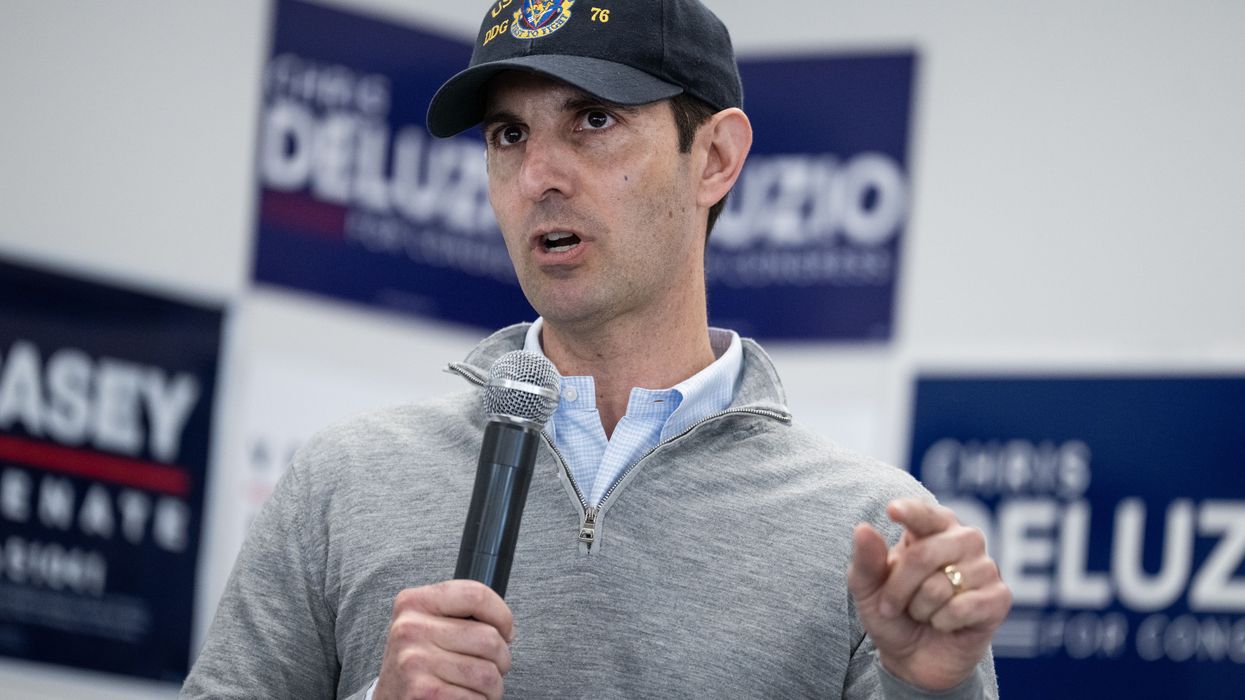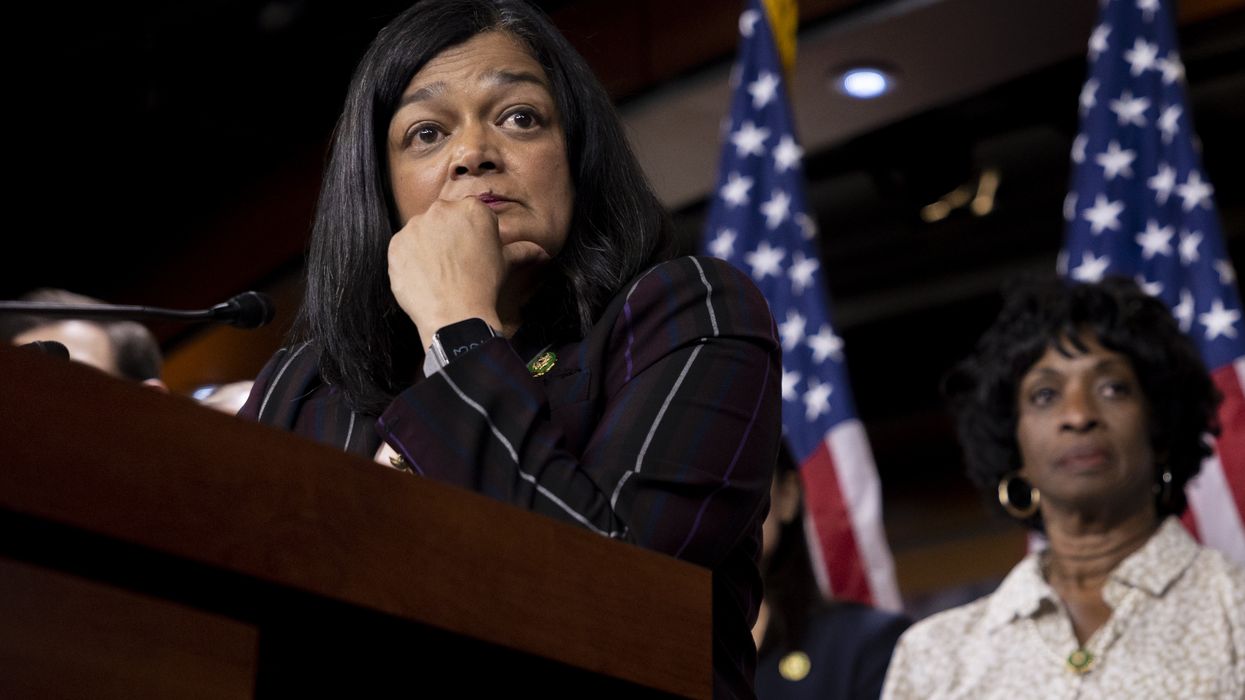Democrats Aim to Make GOP Pay as 'Angry' Voters See Health Insurance Premiums Soar
"Republican politicians who cut healthcare to pay for more billionaire tax cuts, or to increase profits for their corporate donors, are selling out working families," said Rep. Greg Casar.
The enhanced subsidies for people who buy their health insurance through exchanges established by the Affordable Care Act have officially expired, and Democratic lawmakers are ready to make sure voters know whom to blame going into the midterm elections.
Politico reported Friday that while Democrats in Congress are still pushing their Republican colleagues to allow a vote on renewing the enhanced subsidies, they have mostly settled on a political strategy of going scorched-earth on the GOP for letting them expire in the first place.
Rep. Ami Bera (D-Calif.) told Politico that Americans who see their monthly premiums skyrocket in the wake of the subsidies' expiration will take out their anger on the GOP.
"I think the public’s angry," Bera said. "So I think they will blame the party in charge."
Rep. Chris Deluzio (D-Pa.) emphasized that the huge spikes Americans will see in their monthly premiums will help Democrats make the case that President Donald Trump and Republicans have failed to tackle the affordability crisis in the US.
“It’s part of the top issue, which is cost of living—whether it’s groceries, gas, housing, energy costs,” said Deluzio. “Healthcare seems to be top of mind as something that Congress can actually do to bring down the costs."
In a Friday social media post, Rep. Greg Casar (D-Texas) also piled on and hammered the GOP for inaction on healthcare.
"Healthcare is a human right, not a bargaining chip," he wrote. "Republican politicians who cut healthcare to pay for more billionaire tax cuts, or to increase profits for their corporate donors, are selling out working families."
And its not just Democrats raising alarms about the expired subsidies, as Rep. Mike Lawler (R-NY) said in an interview with BBC that was "pissed for the American people" about his party not holding a vote on renewing them.
"Everybody has a responsibility to serve their district, to their constituents," said Lawler. "You know what is funny? Three-quarters of people on Obamacare are in states Donald Trump won."


